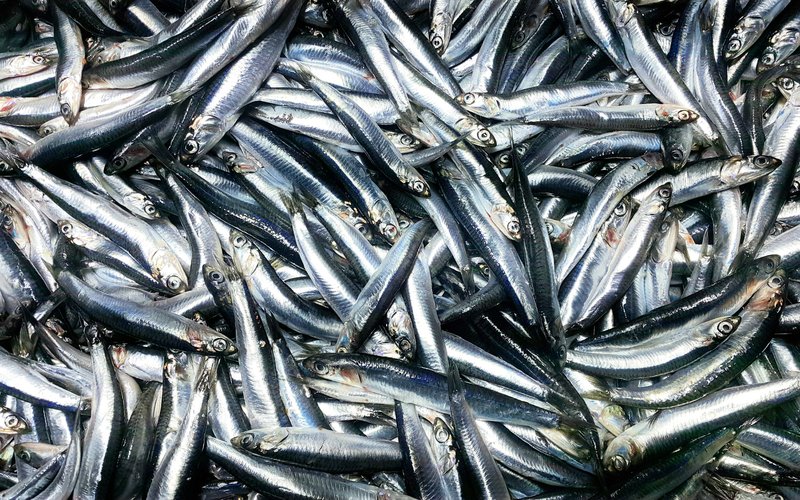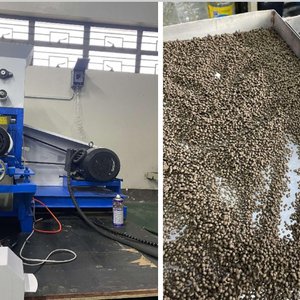Sustainable Fisheries Partnership (SFP) and the Hilborn Lab at the University of Washington released an updated version of their Fishery Improvement Projects Database (FIP-DB). This 6th edition of the database stands as the most comprehensive of its kind, with historical time series data on more than 320 FIPs reaching back to 2003 when the first FIPs were established.
While mainly intended for use by fisheries management researchers, the database is also an important tool for industry and non-profit stakeholders to understand how internal and external factors affect FIP performance and success.
“Research using this database may ultimately lead to better management decisions, better FIP design and implementation, and improvements on the water,” said SFP senior scientist, Pedro Veiga. “Several research outputs, including peer-reviewed articles, have already emerged from data sourced from the FIP-DB.”
The database complements and draws upon existing online resources dedicated to FIPs, including the Improvement Projects tracker by SFP's FIP Evaluation Program and FisheryProgress.org, a comprehensive platform offering up-to-date information on FIP progress. Currently, the database encompasses fishery and FIP-specific data attributes and performance indicators for the more than 320 FIPs initiated to date. As in the previous version, users have the option to download a simplified version of the entire database. From the database website, users can access and download multiple Excel tables. Detailed information regarding each included variable can be found in the database metadata.
Additionally, an updated version of the existing Tableau dashboard, featuring key insights into FIP-related indicators, is available for consultation by a wider audience, including members of the seafood industry and non-profit organizations. The FIP Research program also maintains an open-access resource library, aimed at curating and spotlighting scientific research pertinent to FIPs. The overarching objective of this library is to centralize disparate sources of FIP-related information into a single accessible repository. To contribute documents or other resources to the library, interested parties are encouraged to reach out to SFP.










